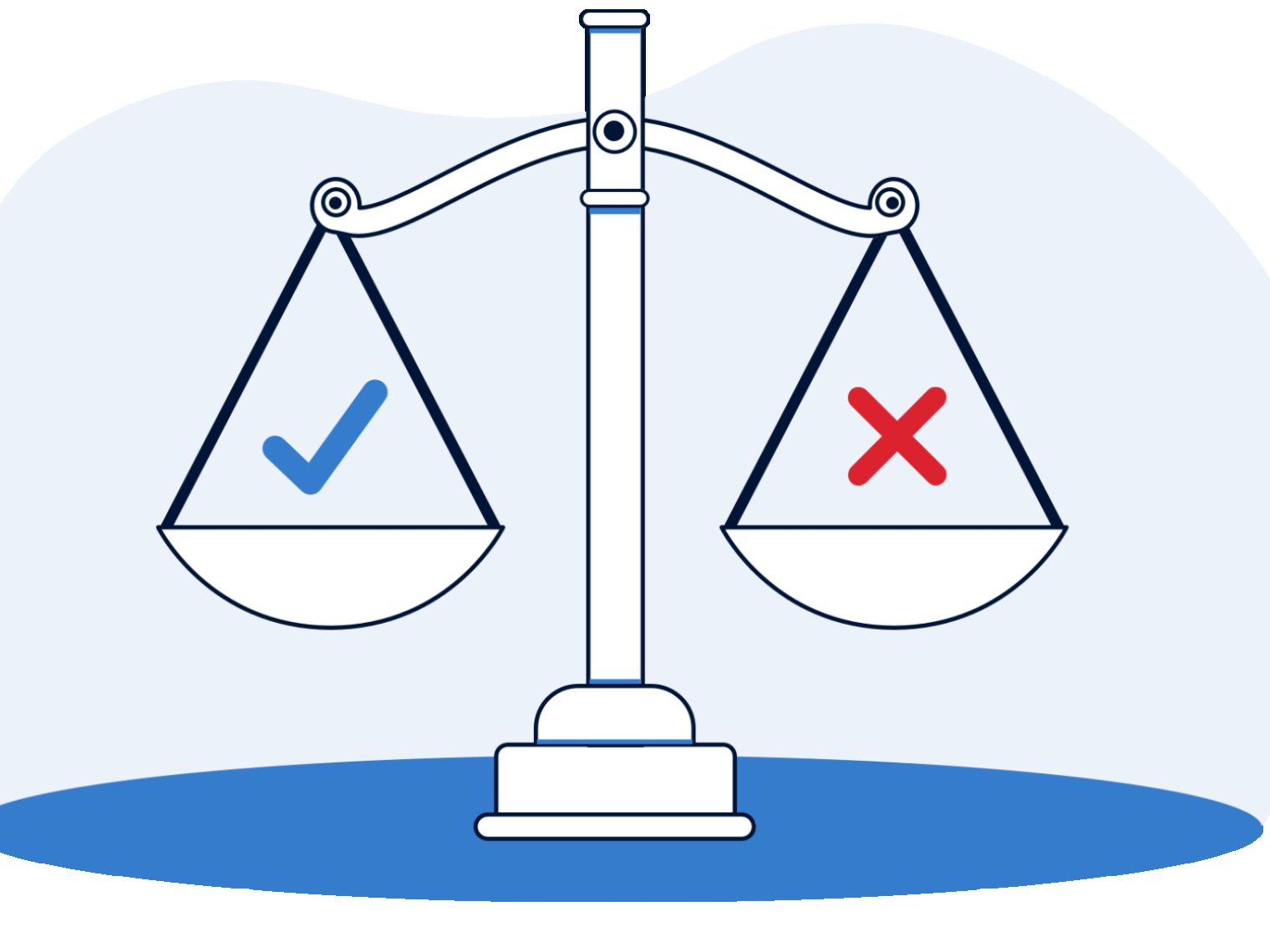Closing costs are always part of the mortgage equation. However, one of the big benefits of VA loans is that they limit what Veterans and military members can pay in closing costs.
The VA maintains a list of fees that lenders are prohibited from charging borrowers at closing, known as “non-allowable fees.” Part of determining what expenses a VA borrower can and cannot pay will depend on how the mortgage lender structures the loan.
What Are VA Non-Allowable Fees?
VA non-allowable fees refer to the costs that the Department of Veterans Affairs (VA) does not permit Veterans to pay when obtaining a VA loan. By excluding these fees, the VA aims to reduce the financial burden on Veterans when purchasing or refinancing a home.
The 1 Percent Rule
The "1 percent rule" is a guideline established by the VA regarding the maximum amount Veterans can be charged for certain non-allowable fees. This flat 1 percent fee covers the lender’s costs associated with originating, processing and underwriting the loan. If the lender is charging the 1 percent fee, they are not allowed to tack on additional charges for things the VA considers overhead.
The purpose of the one percent rule is to protect Veterans from excessive fees and ensure the cost of obtaining a VA loan remains affordable. It sets a clear limit on the amount that lenders and service providers can charge Veterans when closing on their loan.
If your lender is charging the flat fee, there’s a host of things you cannot pay for, including:
- Loan application or processing fees
- Broker or trustee fees
- Interest rate lock-in fees
- Document preparation fees
- Lender appraisals
- Lender inspections (except for VA construction loans)
- Postage costs
- Photographs
- Escrow or notary fees
- Tax service fees
- Loan closing or settlement fees
For example, if a Veteran is obtaining a VA loan of $200,000, the maximum amount they can be charged at closing would be $2,000 (1% of $200,000). Any fees that exceed this one percent limit would need to be paid by the lender or the seller rather than the Veteran.
VA Allowable and Non-Allowable Fees in 2025
| Allowable | Non-Allowable |
|---|---|
| VA funding fee | Application fees |
| VA appraisal | Attorney fees |
| Second appraisal if requested by Veteran | Rate lock fees |
| Credit report fees | Appraisal requested by lender or seller for reconsideration of value |
| Origination fee | Appraisal requested by parties other than Veteran or lender |
| Title examination/insurance | Escrow fees |
| Recording fees/taxes | Prepayment penalty costs |
| Discount points | - |
| Hazard insurance | - |
| Flood zone determination fee | - |
| Surveys | - |
How VA Loan Fees Are Decided
The fees VA buyers are allowed to pay can fluctuate and depend on several factors, including:
- Type of VA loan
- Loan amount
- Borrower's credit
- Lender fees
It's important to note that while the VA sets guidelines for allowable fees, lenders can still have their own fee structures within those guidelines. Borrowers should carefully review the Loan Estimate (LE) provided by the lender, which outlines the estimated fees associated with the loan. If any fees seem excessive or questionable, borrowers can seek clarification from their lender or consult with a VA representative for further guidance.
Who Pays for VA Non-Allowable Fees?
Non-allowable fees charged by the lender can be covered by the seller, the real estate agent, or in some cases, the mortgage lender may choose to waive the fee entirely. A lender may also be required to pay a VA non-allowable fee if it wasn’t properly disclosed at the time of application or if there is an agreement between the lender and borrower.
Can a VA Loan Borrower Pay for Termite Inspection?
Historically, most VA loan borrowers weren't allowed to pay for termite inspections. However, in June 2022, the VA updated its regulations to allow all borrowers to cover termite inspection reports when the inspection is required.
How to Lower VA Allowable Fees
Lowering the amount a borrower pays in allowable fees for a VA loan is an important aspect of making homeownership more affordable. Here are some strategies to consider:
- Negotiate fees with the lender: Some loan fees are negotiable. You can try to negotiate a lower origination fee or discount points with your lender.
- Seller concessions: With a VA loan, the seller is allowed to pay all of a buyer's mortgage-related closing costs and up to 4% in seller concessions. Negotiating these costs into your purchase agreement can help reduce your out-of-pocket expenses at closing.
- Roll closing costs into the loan: Some VA loan costs and fees can be rolled into the overall loan amount, though this does mean you'll be paying interest on those costs over time.
- VA funding fee exemptions: The VA funding fee can be a significant expense, but it's waived for Veterans who are receiving VA disability compensation and for surviving spouses of Veterans who died in service or from a service-connected disability.
- Take advantage of loan discount points: Discount points lower your mortgage interest rate and monthly payments over the life of the loan. One point equals 1% of the loan amount and can decrease your interest rate by about 0.25%. However, this strategy requires you to pay more at closing.
Remember, the aim should be to reduce overall costs, not just upfront charges. Sometimes paying a bit more upfront can save a lot of money over the life of the loan. Always do the math and consider your personal circumstances and long-term plans.
Consulting with a VA home loan expert can also be very beneficial. Reach out to a Veterans United home loan specialist at 855-870-8845 or get started online today.
How We Maintain Content Accuracy
Our mortgage experts continuously track industry trends, regulatory changes, and market conditions to keep our information accurate and relevant. We update our articles whenever new insights or updates become available to help you make informed homebuying and selling decisions.
Current Version
Jan 28, 2025
Written ByChris Birk
Reviewed ByTara Dometrorch
Minor content updates and fact-checked by team lead underwriter Tara Dometrorch.
Related Posts
-
 VA Renovation Loans for Home ImprovementVA rehab and renovation loans are the VA's answer to an aging housing market in the United States. Here we dive into this unique loan type and the potential downsides accompanying them.
VA Renovation Loans for Home ImprovementVA rehab and renovation loans are the VA's answer to an aging housing market in the United States. Here we dive into this unique loan type and the potential downsides accompanying them. -
 Pros and Cons of VA LoansAs with any mortgage option, VA loans have pros and cons that you should be aware of before making a final decision. So let's take a closer look.
Pros and Cons of VA LoansAs with any mortgage option, VA loans have pros and cons that you should be aware of before making a final decision. So let's take a closer look.


